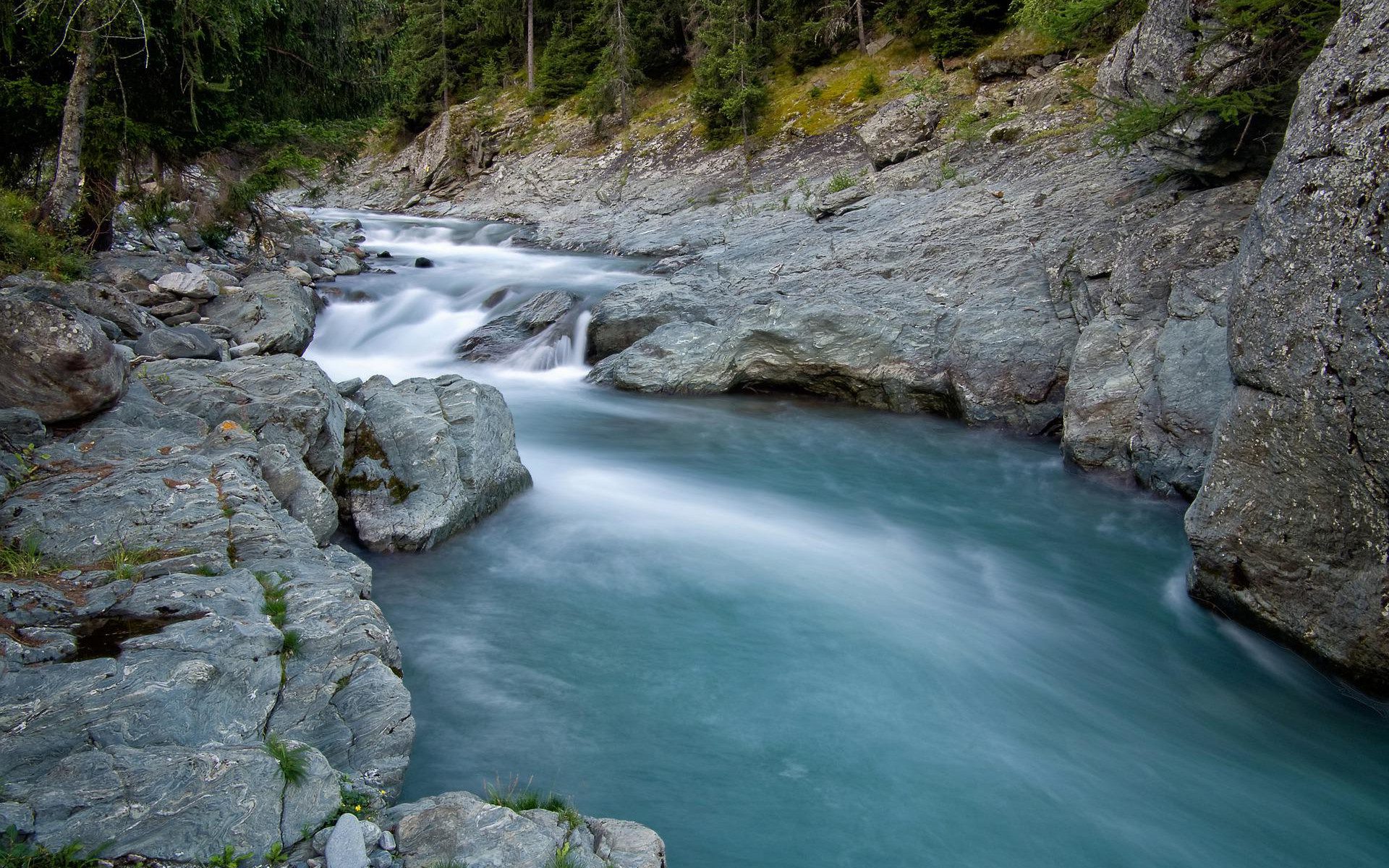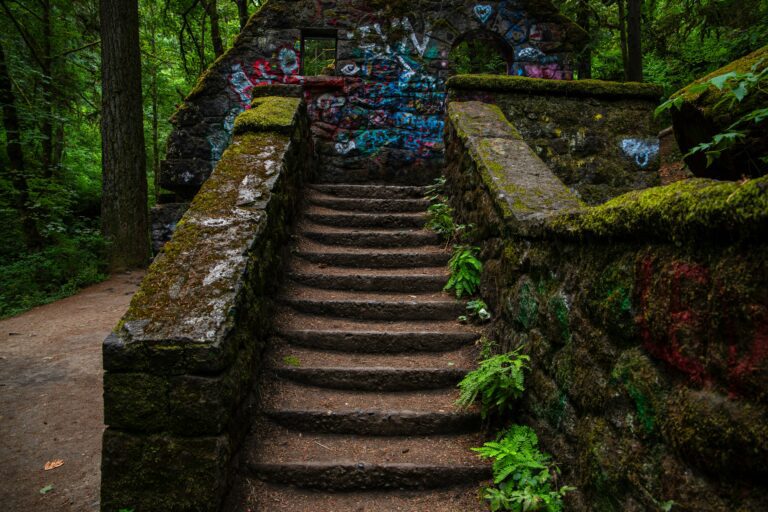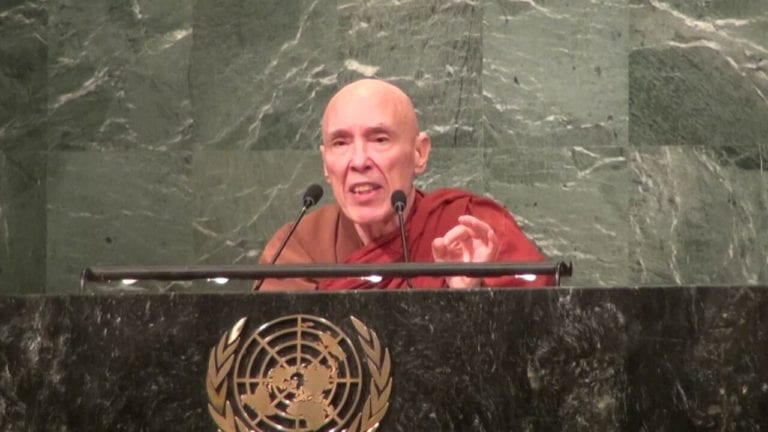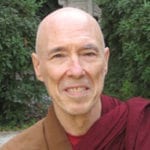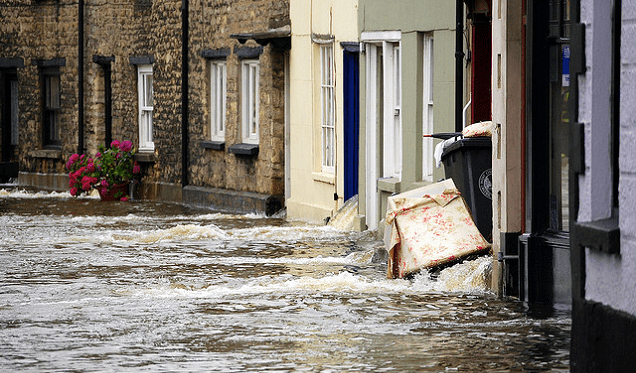There’s a lot of talk these days about the urgency of our moment, about acting like our “house is on fire”, and how the moment is so pressing that there’s no time for anything other than action. Even in the flurry of discourse around climate emotions, all the rage is to talk about how emotions are pathways to action, how action alleviates anxiety, and so on. The fetishization of action, the appeal to the risk-perceiving limbic system, and the call to make bigger impacts, faster, are backed by science. The latest IPCC report, not to mention the fact that more and more of us are experiencing climate change in our daily lives, has brought climate change to the forefront of our worries. We’ve gone from mass denial to mass dread and trauma. Systems-level change, and in a hurry, certainly seems to be the correct response to what we are experiencing.
Yet, I want to propose the perhaps counterintuitive idea that the wisest response may actually be to slow down and go small. I propose that the trope of urgency and the related imperative to go big can undermine our best intentions and burn us out. I would even say that these pressures are part of the root cause of our climate problems in the first place.
Capitalism makes us feel urgent and busy, too busy to take care of relationships, the land, and ourselves.
Paradoxically, in this moment of urgency and crisis, what we need most is the ability to slow down and resist the myriad ways that the productivist imaginary of capitalism shows up in our daily practices. Every single moment of our attention is precious, every single way we spend our time matters, and every habit we start adds up over time to the response-ability that these unfolding, layered crises will require of us.
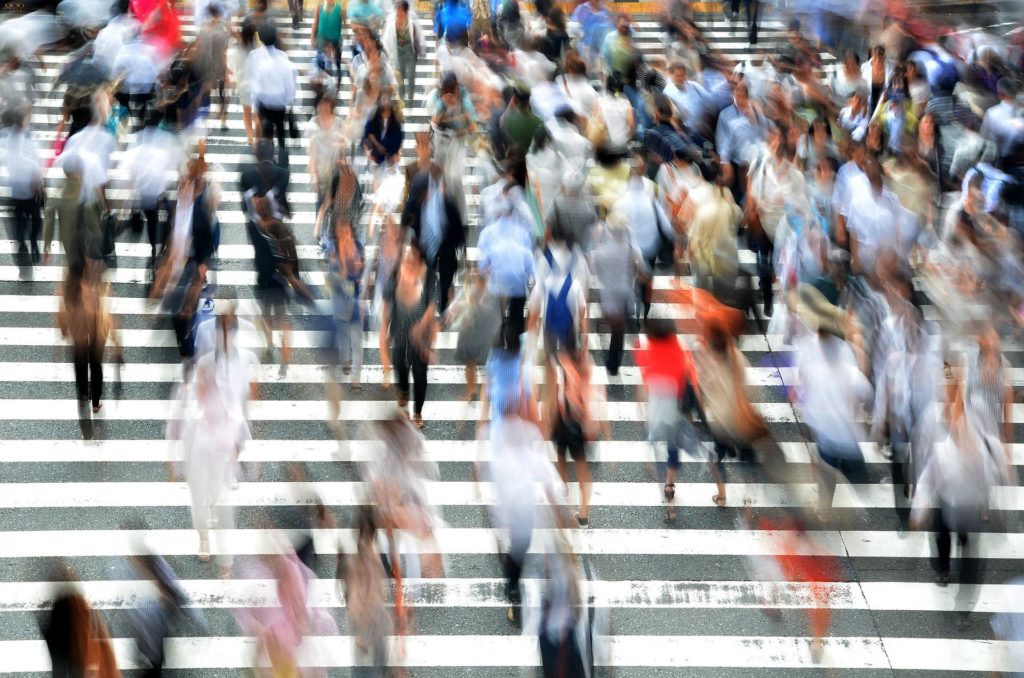
I’m not suggesting that we escape the pain of the external world by devoting our energy to only comforting ourselves. Much like swiping, doomscrolling, or seeking some other form of numbing for our pain, one can just dive into a navel-gazing approach to self-care that harms others even more. When we numb ourselves to our interior lives, we make it hard to feel any emotions deeply, seeking the dopamine hits of distraction to keep trying to feel alive. Ironically, the more we do this, the less connected to each other and the world we become, and the more harm we do to other life on the planet. Instead, pain can be an invitation to cherish the world and to experience the satisfaction available to us in understanding suffering as tenderness toward that which we love.
Our current model of capitalism, which doesn’t take into account the environmental and human costs of growth, conspires with our negativity bias to put us on the back foot, constantly reacting to immediate stimuli, rather than building life-enhancing structures in the first place. It has us scrambling to put out fires as they come rather than address the causes of the fires—literal and figurative—in the first place. Likewise, we have come to rely on those in power to save us rather than build resilient communities.
Urgency is a recipe for burnout and for doing more harm out of reactivity, while the expectation of large-scale impact is a recipe for feeling powerlessness and despair. We can limit capitalism’s power to work through us, in small and slow ways that reduce harm—right now. By slowing down, by focusing on the small, I’m not suggesting that large-scale actions aren’t required, or that we aren’t living in an urgent moment. I’m asking us to embrace the paradox that the only way we will survive this together is to recover our amygdalas, cultivate practices that pause between stimulus and reaction so we can act more wisely, and to find pleasure in our capacities to make a difference in the scale that we live in every day—the human scale. Faster, quicker, and bigger are capitalist values that got us into these problems in the first place and would have us exhausted by chasing one crisis to the next. The planet needs us to pay attention to our interconnectedness to the material world and each other, and act wisely in service of protecting that relationship. Turning inward doesn’t mean turning away.
One way we can act wisely is to act from a place of abundance, rather than scarcity and fear. When we show up to the work that is needed from a place of abundance, we have more energy and time to give, and are wiser about the places and people we give to. We simply cannot do everything that is needed, and so we have to make choices about where to dedicate our limited energy and attention. But when we doomscroll or go down other rabbit holes in our social media, we allow much of that energy and attention to be hijacked in service of the very source of harm we worry about.
Turning inward doesn’t mean turning away.
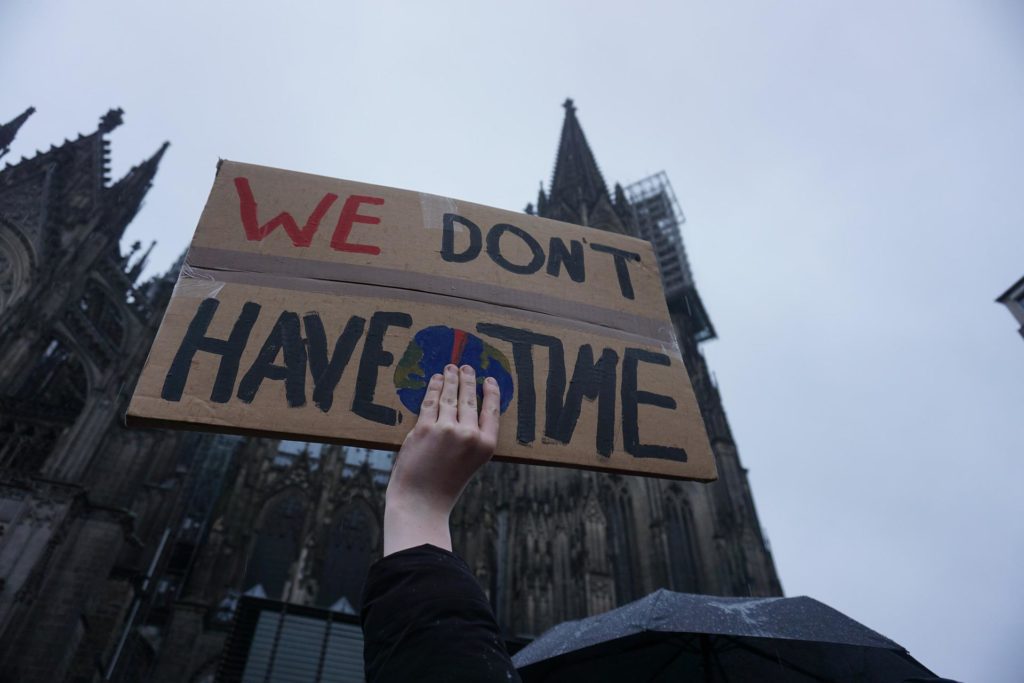
Why do we bypass inner work in times of crisis? In times of crisis, many of us may be tempted to think, “There is no time for self-care; the work is urgent.” But in times of crisis, there is no cushion for making mistakes. We do more damage when we impulsively respond to each other and to threats based on whatever our nervous system tells us to do. Fight, flight, and freeze are often unwise reactions, and they can do as much harm as good. Inaction is not wasteful, and it’s not even inaction. Pausing helps us to proactively anticipate the least harmful actions and to proceed response-ably. This is why Bayo Akomolafe writes, “Oh, the times are urgent. Let us slow down.”
We must be intimate with our interior lives because we want to have our own thoughts and act in alignment with them. We don’t want capitalism thinking (and subsequently acting) through us. Capitalism limits our vision for what’s possible. It makes us think we’re powerless to do anything, framing our challenges as predetermined and unavoidable, or too big for us to make any difference. It likes us to think that our agency is constrained to that unit capitalism likes the most: the consumer. And our sense of our worthiness is attached to the thing that capitalism rewards most: our role in the treadmill of production—our careers or incomes. Capitalism makes us feel urgent and busy, too busy to take care of relationships, the land, and ourselves. And like capitalism, we then externalize the costs of this busyness elsewhere—the planet, our loved ones, and our livers, to say nothing of the more-than-human world and all the species with which we share it.
Finally, in slowing down, we can own up to the ways we do harm in the world, disrupt the habits of distraction and denial that extend these harms, and feel the grief that is appropriate to the losses we are witnessing and undergoing. We must dispense with our fetishes of size and scale—the myth that we are worthless if we don’t make big impacts and fast.
If, in fighting against the forces that are killing us, we ourselves diminish life, we have done their work for them. We can’t wait until the revolution is over to live the life we are fighting to save; living it now is an act of resistance itself.
We must dispense with our fetishes of size and scale—the myth that we are worthless if we don’t make big impacts and fast.
I sympathize with my students, who are so impatient about changing the world that they can hardly sit in their seats long enough to finish a discussion about an article, much less work on projects or, sin of all sins, sit and do nothing. Action is cathartic for them. And I am the first to measure my own worth by my sense of being busy. My default is to assume that if I’m not exhausted, then I’m not working hard enough to make the planet inhabitable for my children.
Since the pandemic, I have taken a closer look at how my relationship with time is connected to my relationship with the more-than-human world, and with other people around me. In the name of career success, I have avoided response-ability in my daily life, seeking convenience over interbeing, large over small, “impact” over reverence, and outrage and burnout over equanimity. The painful irony is that I have wasted so much time, missed so much beauty, and done so much harm in the pursuit of “saving the world.”
But action without wisdom perpetuates the problem. In June 2020, I dusted off my meditation and mindfulness practices out of sheer necessity. I was beside myself with grief, despair, exhaustion, and anxiety. In the intervening months, I have come to realize that the best I can do in my brief time on this earth is to do as little harm as possible, starting with what is right in front of me. There is no other way to figure out how to do this besides sitting still and doing nothing.
This article is from a forthcoming anthology (2023) called “Solastalgia: An Anthology of Emotion in a Disappearing World” edited by Paul Bogard. It is published here with permission.

